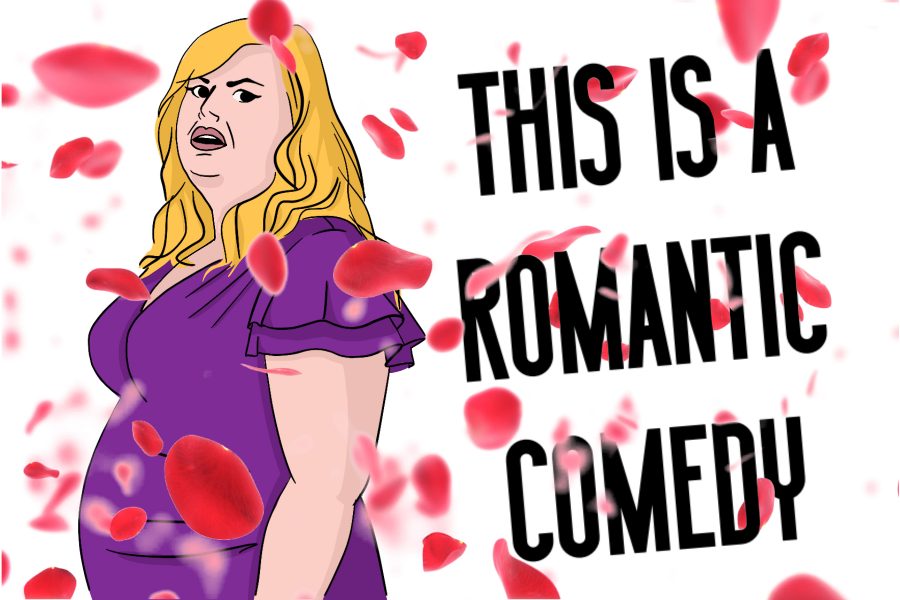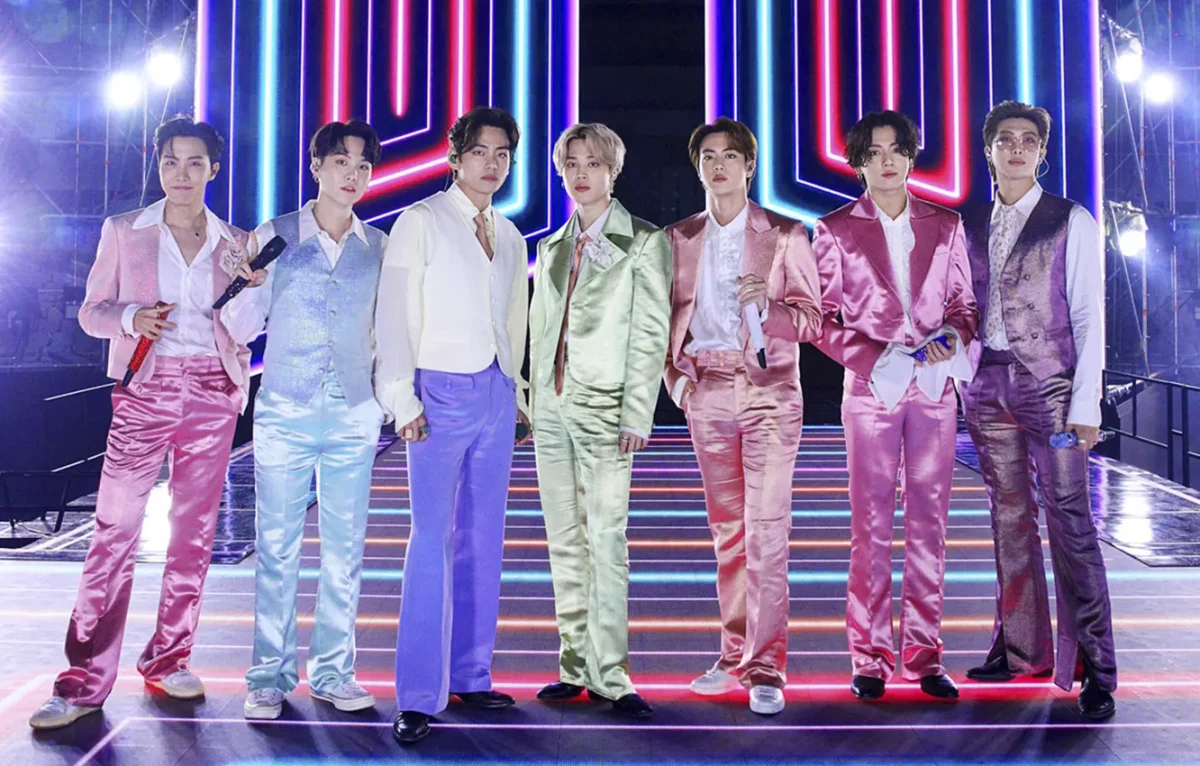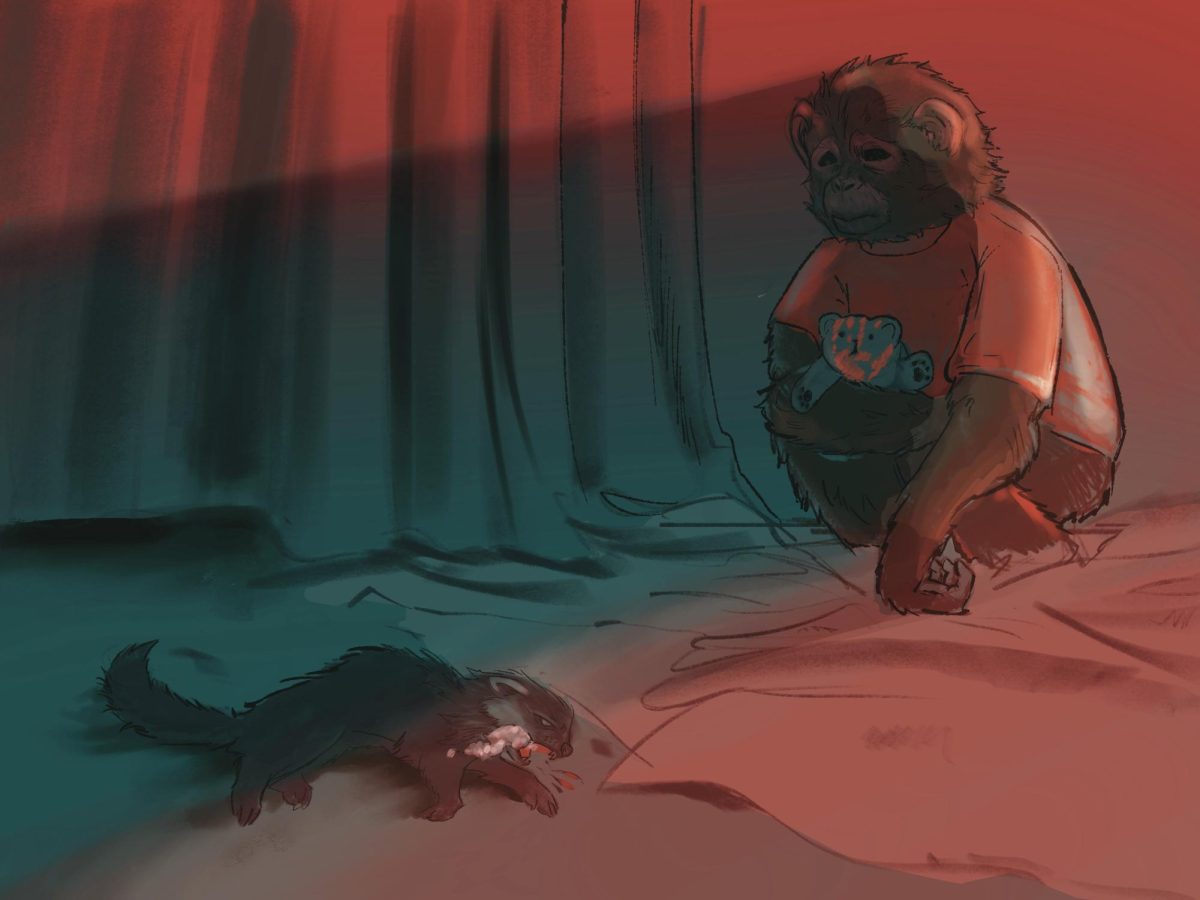There’s an urge that can be found when watching movies with the suspension of disbelief — the willingness to forget how unordinary everything is — to imagine characters who are aware of the strangeness of their surroundings. What if one character in a musical noticed that everybody was singing for no reason or if another in an animated movie pointed out how their world was drawn as a cartoon?
Isn’t It Romantic brings this urge to the genre of romantic comedy, but the result is a fairly unsurprising rendition of a self-fulfilling prophecy.
Rebel Wilson plays Natalie, a woman who claims to hate romantic comedies, while still being fully aware of the genre’s tropes and structural issues. In a montage said to take place over three hours, Natalie details every single one of these complaints.
She later runs headfirst into a metal pillar in the subway and wakes up in a place where everything she finds wrong with romantic comedies is an integral part of the world’s structure.
Wilson is known for roles that center around her plus-size figure — in the Pitch Perfect series, she goes by the name “Fat Amy” and often jokes about her relationship with food and physical fitness — and Isn’t It Romantic builds itself upon the premise that she is unable to find a relationship for herself based on her appearance. However, it’s already clear within the first 10 minutes with whom she will end up and where the whole movie is going.
It’s easy to argue that most movies have the good guys win and that most romantic comedies have the guy or girl get the person of their romantic interest, but Isn’t It Romantic throws away the opportunity for viewers to ignore such an expectation and just enjoy the ride.
With a blatantly stated checklist of romantic comedy details to get to, Isn’t It Romantic loses almost any sense of conflict, because it goes according to exactly what it’s supposed to go through.
There is little innovation at play, as the film goes beat by beat through the romantic comedy form as Natalie yells about how she recognizes the things she’s going through.
The film is not without its laughs and its good moments. A romantic kiss in the middle of a New York City street transcends the film’s satire to create a sense of beauty. Brandon Scott Jones delivers a surprising speech as the cliché gay best friend, a moment of vulnerability that anchors the movie’s ending.
Isn’t It Romantic is a movie that does exactly what could be expected ahead of time, and its best moments are those during which it chooses to divert from the clear path ahead.
It’s perfectly fine to enjoy a romantic comedy and melt into all the tropes and happy endings that can be expected, but as a satire or a clever breakdown of what makes the genre tick, Isn’t It Romantic does a poor job.
It’s like watching a movie with a cynical friend who repeatedly points out every problem with the movie and every way some detail or another has been done before. In the words of comedian John Mulaney — a master of breaking down genre and creating meaningful material out of it — “Just because you’re accurate, doesn’t mean you’re interesting.”
Even as it’s accurate in its criticism of the genre, Isn’t It Romantic feels more like a wait than a ride. Natalie talks about how the happy endings are always fake in romantic comedies, setting up the question of how the film itself will end and where its concept will lead, but the end result fails to go anywhere of note.
As with the recent The Lego Movie 2: The Second Part, the film becomes so caught up in being aware of itself, it loses sight of the emotional resonance romantic comedies are able to evoke.
The small moments are not enough to keep the whole film afloat, nor do they feel meaningful in the grand scheme of the generic world presented in the movie. Last-minute shifts in the story’s direction come way too late to make an impact on the film’s quality.
Isn’t It Romantic falls into the category of movies in which viewers gladly ignore faults, asking to be allowed to just enjoy the movie without critical analysis. The trouble is that the movie won’t allow itself to remain unexamined, with Wilson’s character analyzing the very text of the film she exists in.
The film isn’t smart enough to be fully satisfying, nor is it dumbed down enough to be a fun ride.








